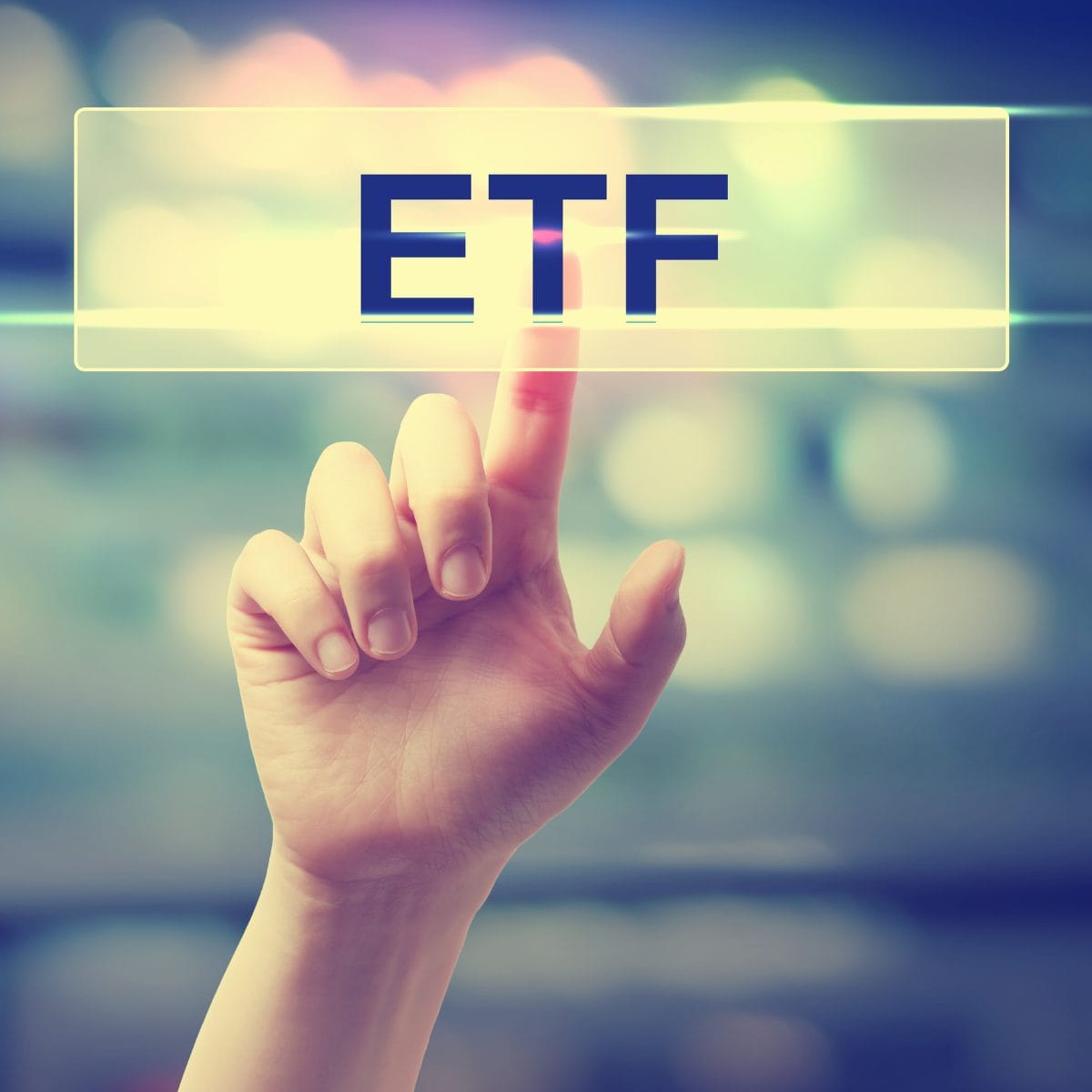
Understanding ETFs in the Stock Market for Beginners: All About ETFs and Why They Matter
Introduction
Navigating the world of finance and investment can be complex, especially for beginners. The multitude of jargon and array of investment vehicles can be overwhelming. But worry not; this article aims to simplify one of the investment instruments that experts often recommend, particularly for those starting out: the Exchange-Traded Fund (ETF).
What exactly are ETFs?
Definition
At its core, an ETF represents a type of security that involves a collection of securities—like stocks—often tracking an underlying index. However, they can also invest in any number of industry sectors or use various strategies. Think of it as a basket containing multiple financial instruments.
Understanding Through an Example
Let’s say you want to invest in the technology sector but don’t have the resources or confidence to pick individual stocks. You could look for an ETF that tracks a technology index. When you buy shares of this ETF, you are essentially investing in every company within that index. This allows for instant diversification and reduces the risk tied to a single company’s performance.
Trading Characteristics
Similar to individual stocks, ETFs are traded on exchanges and can be bought or sold throughout the trading day at fluctuating prices. This provides liquidity and flexibility compared to other types of managed funds, like mutual funds, which can only be traded at the end of the day at a determined net asset value (NAV).
Why do ETFs matter to beginners?
1. Lowering Risk Through Diversification
By nature, an ETF affords its investor exposure to many different assets simultaneously, effectively distributing risk. Instead of betting all your money on one or two stocks, an ETF spreads your investment across a broader range of assets. This strategy can help minimize the impact of any single stock performing poorly.
2. Lower Costs
Cost considerations are fundamental to any investment decision. ETFs often have lower expense ratios than mutual funds. This is because most ETFs are passively managed and aim to track an index rather than outperform it.
3. Accessibility and Flexibility
You don’t need a fortune to start investing in ETFs. Some brokers even allow purchases for as little as one share. Moreover, because ETFs are traded like stocks, investors have the flexibility to buy and sell their holdings throughout the trading day.
4. Comprehensive Exposure
ETFs also provide access to a broader market, industries, and even other countries’ economies, which is ordinarily impractical for an average investor to achieve individually. This appeals particularly to those interested in “thematic investing,” where you invest based on emerging trends or future predictions.
How do I choose an ETF?
Choosing the right ETF requires understanding your financial goals, risk tolerance, and investment strategies. You’ll need to scrutinize the ETF’s underlying assets, expense ratio, liquidity, and how closely it has historically tracked its benchmark index. While ETFs can provide diversification, that doesn’t mean they’re risk-free; the ETF’s value will fluctuate based on the performance of the underlying index or sector.
Conclusion
ETFs offer simplicity, diversity, and affordability, making them an excellent instrument for beginners. They intelligibly provide a safer stepping stone into the vast world of stocks and bonds. However, it’s crucial to remember that all investments carry some level of risk. Never invest more than you are willing to lose, and always do your due diligence or consult with a financial advisor before making investment decisions.
By demystifying ETFs and understanding their role in your investment strategy, you can stride confidently on your path to financial literacy and wealth building. This journey may have its ups and downs, but remember: every great investor was once a beginner.
